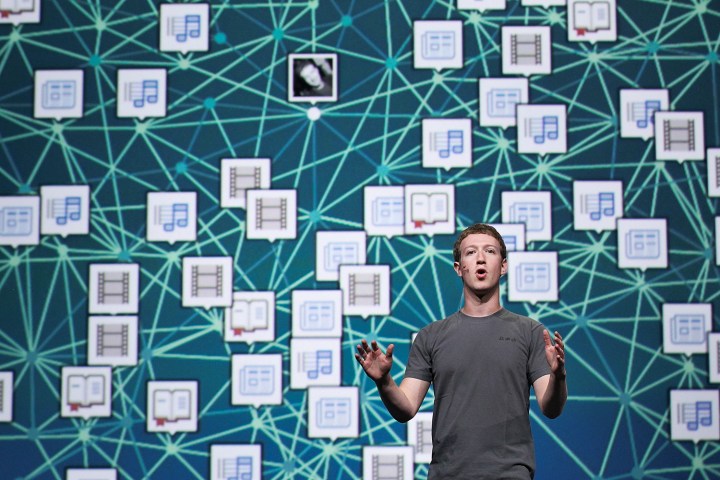
Facebook is once again at the center of a scandal over data mining on its platform, after it was discovered that another personality quiz hosted on the social network harvested the personal information of some three million people. The data was only supposed to be accessible through an approved research platform, but has since been discovered on a website with little to no protection.
Facebook has been embroiled in a number of data protection and privacy scandals in recent months, most notably surrounding the alleged election-interfering firm Cambridge Analytica. Much of the concern over that company’s involvement with Facebook was in how it harvested the data of users through quizzes on the site under the guise of academic research. It seems now that it wasn’t the only one.
In the case of this new data scandal, the “myPersonality” quiz was used to collect various pieces of information about users who took part in a psychology quiz on Facebook. Some half of those who took part allegedly gave their permission for data to be shared with third-party researchers. New Scientist reports that some 280 people at different technology companies were given access and, somewhere along the way, that data ended up on a website that was very insecure. It was password protected, but those login credentials were said to be easily found with a simple web search.
Although not as expansive as the data exposed in the Cambridge Analytica scandal, this latest leak did still contain results of the personality quiz, as well as personal Facebook details and even status updates of 150,000 users. The strongest link with the earlier data harvesting, though, is that the University of Cambridge’s Psychometrics Center controlled both data sets. Alexandr Kogan, who is a core component of the Cambridge Analytica scandal, was part of this project as well.
Another striking element of this story is how far back it goes. The Verge highlights that the data collection project may have begun in 2009 and there was some discussion of Cambridge Analytica acquiring the data, though apparently it was turned down due to its involvement in politics.
Facebook’s response to the story has led to a promised investigation into the myPersonality quiz and associated apps.
Want to improve your privacy on Facebook? Here are our top tips.
Editors' Recommendations
- How to get your share of Facebook’s $750M settlement
- Twitter is facing its own outages as Facebook users flock to other sites
- Apple now requires app developers to disclose data collection and privacy info
- The birth of big data: How Simulmatics predicted the future 60 years ago
- Facebook is paying some users to suspend their accounts before the 2020 election



